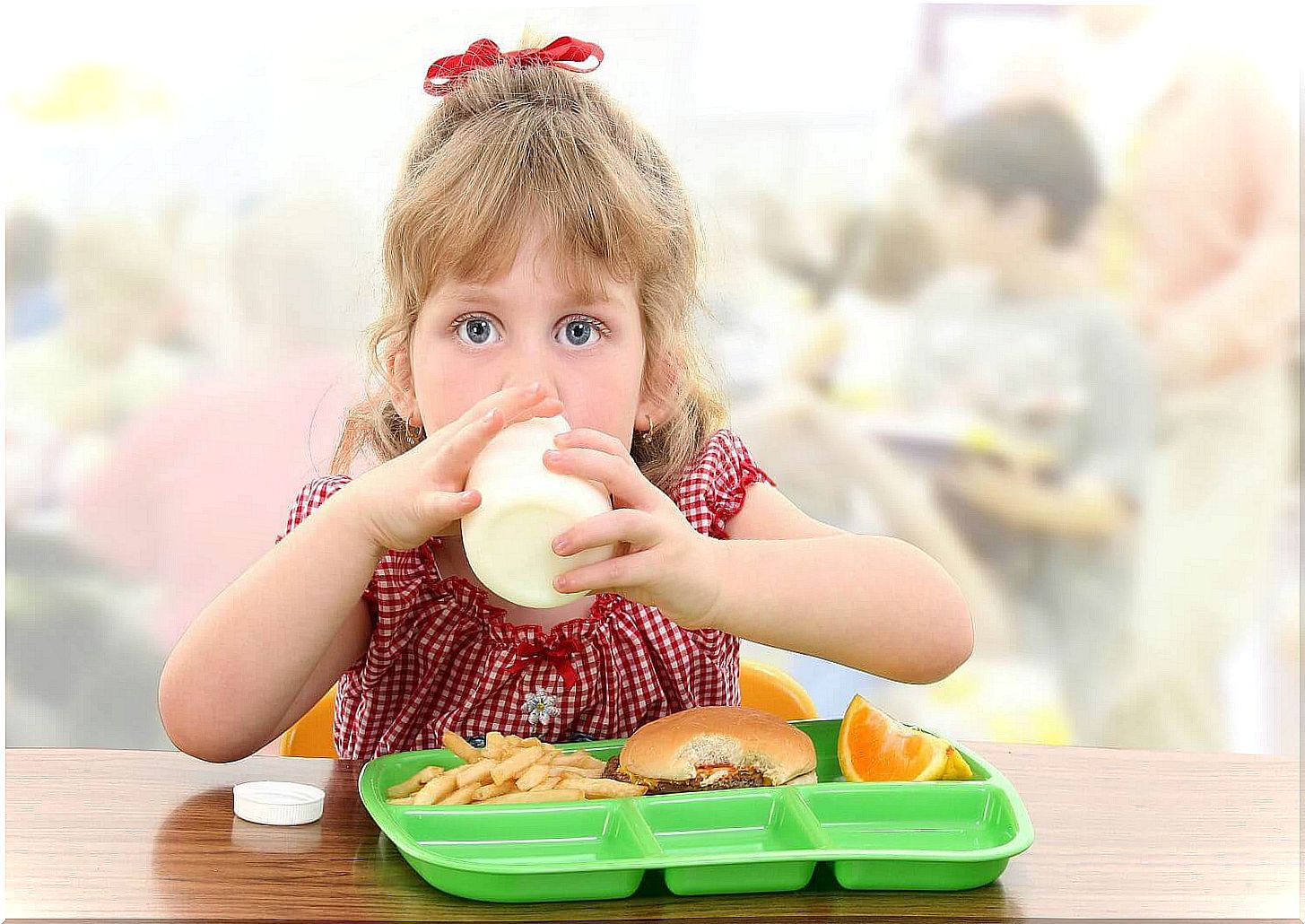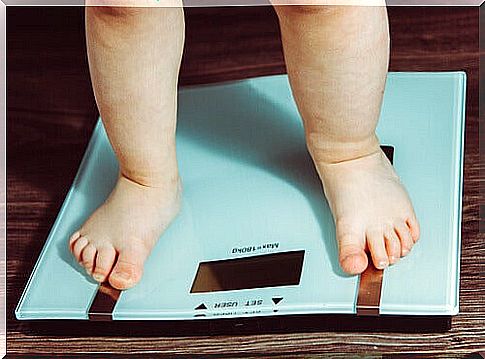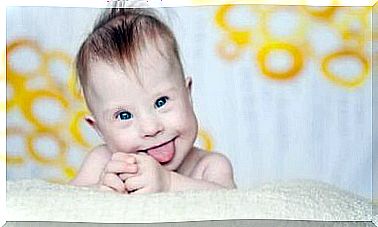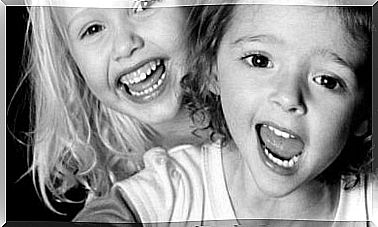The Consequences Of Poor Nutrition In Children – Being Parents

The consequences of poor nutrition in children result in the appearance of serious pathologies which can have very damaging repercussions. A balanced diet counteracts these risks and promotes healthy living.
Prevention in order to avoid the consequences of poor nutrition in children
Prevent before healing is the rule. A suitable infant diet, with the presence of all food groups, will avoid repercussions in adulthood. The bad habits that parents allow to form during childhood will accompany the little one throughout his life.
If the child is opposed to eating vegetables, fruits or fish, we must look for alternatives so that they are present in his diet. A healthy, balanced and varied diet during the first years of life will determine the metabolism of adults.
Minimal development, less concentration and more fatigue are some of the consequences of poor nutrition in children. For example, it will be much more difficult for them to study or read.
Malnourished children suffer from skin and hair disorders . Vision problems and poor physical and mental development are common, as is getting sick more easily.
Weight and height outside normal values
Malnutrition causes a lot of damage in the body, whether by excess or lack. One of the consequences of poor nutrition in children is weight and height outside the normal range.
It can also cause high blood pressure, osteoporosis, kidney and heart disease.
It should be remembered that increased cholesterol and certain types of cancer are closely linked to a poor diet.

Iron deficiency
Iron deficiency is a nutritional deficiency that can lead to anemia. Its effects on the intellectual development of children are irreversible. It reduces the ability to analyze and understand, and as a result, intelligence is diminished.
Hypotonia or muscle weakness
Muscle weakness, known as hypotonia, is a consequence of poor nutrition in children.
Sadness, pallor, stunted growth and fragile crying are some of the symptoms; poor physical and academic performance is another risk. In babies, this is manifested by a delay in the arrival of the first steps.
“Lack of control over the type of food they eat is one of the causes of poor nutrition in children.”
Obesity from childhood
Overweight in children is manifested by rapid weight gain and difficulty moving. It can cause hormonal disorders, diabetes, increased cholesterol, bone damage, respiratory and hepatic complications.
Lack of control over the type of foods they eat is one of the reasons for poor nutrition in children.
When canned foods, cold meats, carbonated drinks, quick meals with excess fat, sugars and fried foods are abused, problems quickly arise.
The abuse of carbohydrates, fats and proteins has serious consequences for the health of children, which is why they should be administered with great moderation.
Protein, little or a lot
The consumption of proteins, essential for the formation of muscle fiber, must be appropriate. In excess, they overload the kidneys and liver, which are responsible for removing harmful substances once the body kicks in.
The abuse of calcium, which builds up when it is impossible to discharge wastes from the body, causes kidney stones. It can also reduce the assimilation of minerals.
A lack of protein causes difficulty in metabolizing it. Cachexia generates muscle exhaustion and atrophy, fatigue, weakness and listlessness.
Carbohydrates, deficit or abuse
In childhood, excess carbohydrates, in addition to obesity, cause diabetes and cardiovascular disease. Then appear cavities, mood swings, lack of concentration and hyperactivity.
At the other extreme, carbohydrate deficiency causes fatigue and anorexia. It is like the “essence” of the organism, its low consumption decreases energy.

Fat, more or less
A diet with excess fat causes overweight. A deficiency leads to vitamin deficiency, or deficiency of vitamins A, D, E and K, irritability, problems concentrating and listlessness.
The lack of vitamins also generates consequences for the thyroid, anemia, scurvy and rickets. Parents should be alert to manifestations of fatigue, cramps, headache, numbness, character disturbances and decreased mental capacity.
The consequences of poor nutrition in children can be definitive. A varied and balanced diet during childhood determines a healthy and lasting existence.
Whatever the cost, it is essential to introduce foods from all groups in children’s diets in order to ensure their proper development.









